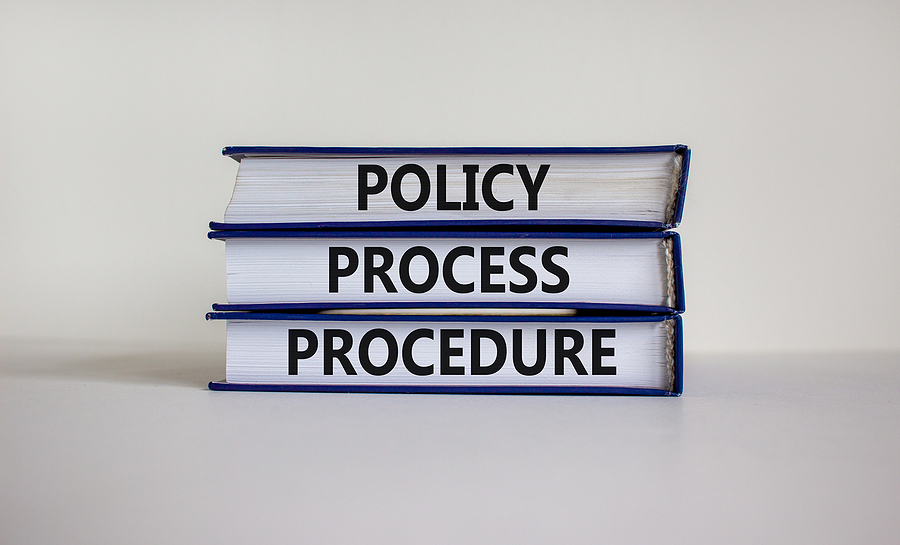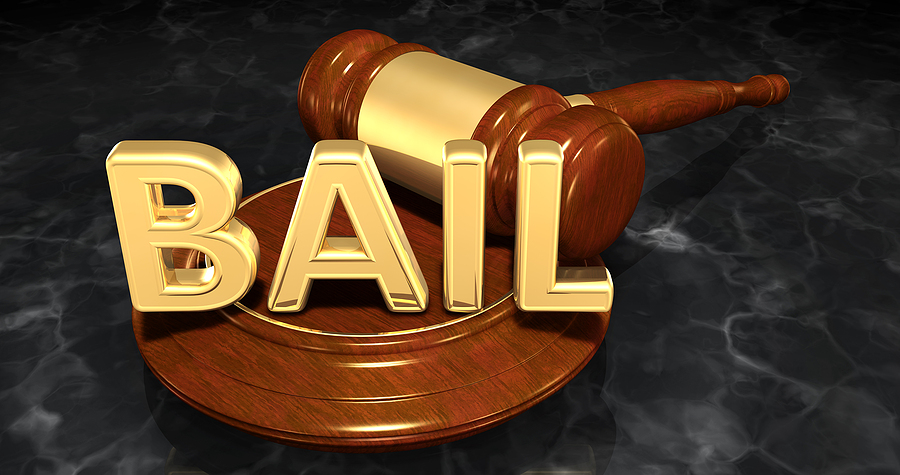Understanding the ins and outs of bail revocation is crucial for anyone involved in the legal system, especially in Indiana. Whether you or a loved one has recently been released on bail, knowing what could lead to bail being revoked and how to avoid it is vital. This guide will help you grasp what bail revocation entails, specific laws in Indiana, and what steps to take if you face this challenging situation. By reading on, you’ll learn about the impacts of bail revocation and the legal rights you have in such scenarios.

Introduction to Bail Revocation
Bail is a financial arrangement that allows defendants to be released from jail while awaiting trial. It serves as a guarantee that the defendant will appear in court when required. Bail revocation occurs when a court decides to cancel an individual’s bail, resulting in their return to custody. This decision can be made if the defendant fails to comply with the terms and conditions set by the court upon their release.
The significance of bail revocation extends beyond the defendant’s immediate situation. It impacts the community, the legal process, and the defendant’s ability to prepare for their defense. Understanding the reasons behind bail revocation and the consequences that follow is crucial for anyone involved in the legal system.
Understanding Bail Revocation in Indiana
Indiana has specific laws and processes in place regarding bail revocation. It is important to familiarize yourself with these regulations to better comprehend the circumstances under which bail can be revoked.
As mentioned, bail can be revoked if the defendant fails to appear in court as scheduled. This failure to appear is often referred to as “jumping bail” and can result in severe consequences. Additionally, if the defendant violates any conditions set by the court for their release, such as refraining from illegal activities or avoiding contact with certain individuals, their bail may be revoked.
The court has the authority to revoke bail based on various factors, including the severity of the offense, the defendant’s criminal history, and the likelihood of committing further crimes while on release. Understanding these factors and how they apply to your specific case is crucial in navigating the bail revocation process in Indiana.
Common Reasons for Bail Revocation
Bail can be revoked for several reasons, and it is essential to be aware of these circumstances to avoid potential pitfalls. Some common reasons for bail revocation include failure to comply with court orders, engaging in illegal activities, or posing a threat to the community.
FTA’s
A common reason for bail revocation is the failure to appear in court as schedule, also referred to in acronym as FTA. When a defendant misses their court date without a valid reason, the court may view this as a lack of commitment to the legal process and decide to revoke bail. It is crucial to prioritize court appearances to avoid this outcome.
Criminal Acts
Engaging in illegal activities while on bail is another reason for revocation. If the court receives evidence or credible information that the defendant has committed additional crimes, it may revoke bail to protect the community and ensure the defendant faces appropriate consequences.
Public Threat
In some cases, bail may be revoked if the defendant poses a threat to the community or specific individuals. This can occur if the defendant has violated restraining orders, threatened witnesses, or engaged in behavior that endangers others. It is essential to adhere to all court-imposed conditions to prevent potential bail revocation.
The Impacts of Bail Revocation
The impacts of bail revocation extend beyond the immediate consequences of being taken back into custody. It can have significant long-term effects on the defendant, their family, and the community.
When bail is revoked, the defendant loses their freedom and is returned to jail until their trial date. This can be emotionally and mentally challenging for both the defendant and their loved ones. It may also hinder their ability to communicate effectively with their legal counsel and prepare for their defense.
Bail revocation can also disrupt the defendant’s personal and professional life. Being taken back into custody can result in job loss, strained relationships, and financial difficulties. These repercussions can have a lasting impact on the defendant’s future and overall well-being.
Furthermore, bail revocation affects the community as a whole. It places additional strain on the legal system, increases the burden on law enforcement, and raises concerns about public safety. Understanding the potential consequences of bail revocation highlights the importance of compliance with court orders and the need for proactive measures to prevent it.
Legal Rights and Recourse
If you face bail revocation in Indiana, it is crucial to be aware of your legal rights and the recourse available to you. Understanding the steps you can take to contest bail revocation and seek assistance is essential in navigating the legal process.
When bail is revoked, the defendant has the right to a hearing where they can present evidence and arguments against the revocation. It is essential to gather any relevant documentation, witnesses, or information that supports your case. Having an experienced attorney by your side can significantly improve your chances of a successful outcome.
In some cases, the court may allow the defendant to post a cash bond or property bond to regain their freedom. Understanding the options available and the associated costs is crucial in determining the best course of action. Consulting with a 24 hour bail bondsman can provide valuable guidance and assistance throughout this process.
Additionally, seeking legal counsel can help defendants explore alternative solutions, such as modifying bail conditions or negotiating new terms with the court. It is essential to be proactive and assertive in protecting your rights and advocating for a fair resolution.
Conclusion
In conclusion, understanding bail revocation in Indiana is crucial for defendants and residents alike. By familiarizing yourself with the laws, processes, and potential consequences, you can better protect your rights and avoid unnecessary complications. Compliance with court orders and proactive measures are essential in ensuring a successful legal outcome.
Remember, if you or a loved one faces bail revocation, it is essential to seek legal counsel and explore the available options. Understanding your rights, gathering supporting evidence, and presenting a strong case can significantly improve your chances of a favorable resolution.
Are you looking for more information on bail bonds? Do you need to bail a person out of jail or turn yourself in for an arrest warrant? We can help. Contact Woods Bail Bonds at 317-876-9600 for 24 hour bail bond services in Indianapolis, Indiana you can trust. We also offer prearranged bail bond service for arrest warrants and probation violations.
Related Posts:
What You Need to Know About Being Denied Bail After an Arrest
When Bail CANNOT Be Revoked
Questions That Start With “Will I Be Denied Bail if”





